ROME, May 30 (Reuters) – European Central Bank policymaker and Bank of Italy Governor Fabio Panetta called on Friday for close monitoring of the reputational risks banks face in providing crypto-asset services, warning that losses could harm the trust of customers.
Presenting the Bank of Italy’s annual report, Panetta warned about the growing links between the world of crypto-assets and the traditional financial system, pointing to the rising number of accords between banks and digital asset providers.
“Crypto-asset holders might not fully understand their nature and conflate them with traditional banking products, with potentially negative repercussions for confidence in the credit system should losses occur,” Panetta said.
Italy’s biggest bank Intesa Sanpaolo (ISP.MI), opens new tab in January carried out what CEO Carlo Messina described as “a test”, by buying 1 million euros in bitcoins, the world’s largest digital currency.
Intesa set up a proprietary trading desk for digital assets in 2023, and last year started handling spot trades with crypto-assets.
Spain’s Santander (SAN.MC), opens new tab is weighing a digital asset expansion, including early-stage plans to offer a stablecoin as well as access to cryptocurrencies for retail customers of its digital bank, Bloomberg reported on Thursday.
Panetta said stablecoins, which are designed to maintain a stable value against underlying currencies or assets, posed a threat to traditional means of payments if large foreign-based technology platforms decided to promote their use.
“In the absence of adequate regulation, their suitability as a means of payment is doubtful, to say the least,” he said.
The central banker warned, however, that it would be foolish to think that the spread of crypto-assets, including stablecoins, can be curbed simply by imposing restrictions.
“What is needed is a response that matches the ongoing technological transformation,” he said, adding that “the digital euro project stems precisely from this need.”
The European Central Bank is working to develop a digital currency to compete with private alternatives that risk undermining the role of central bank money.

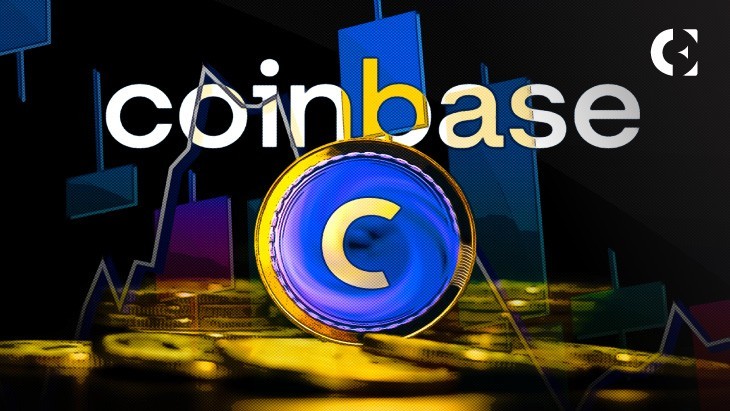
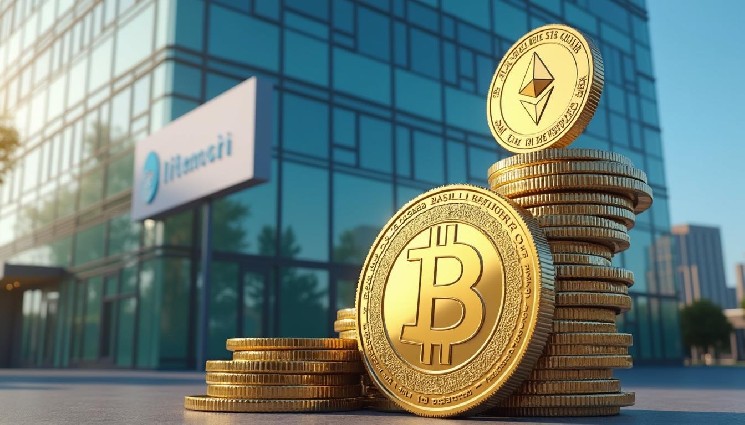

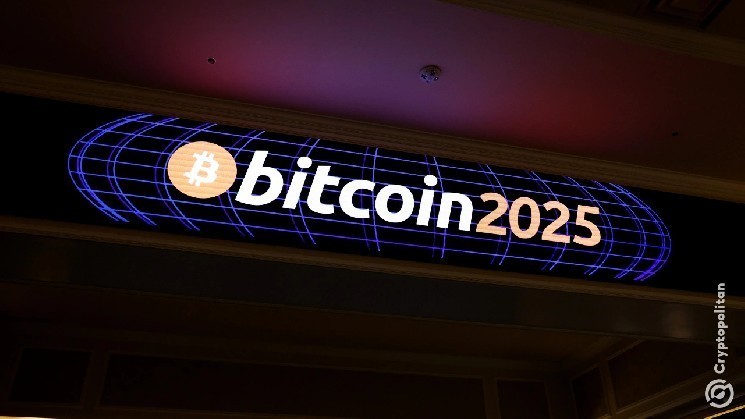
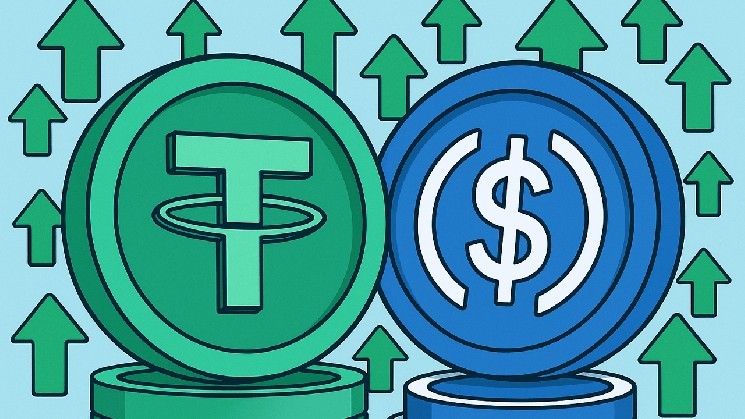
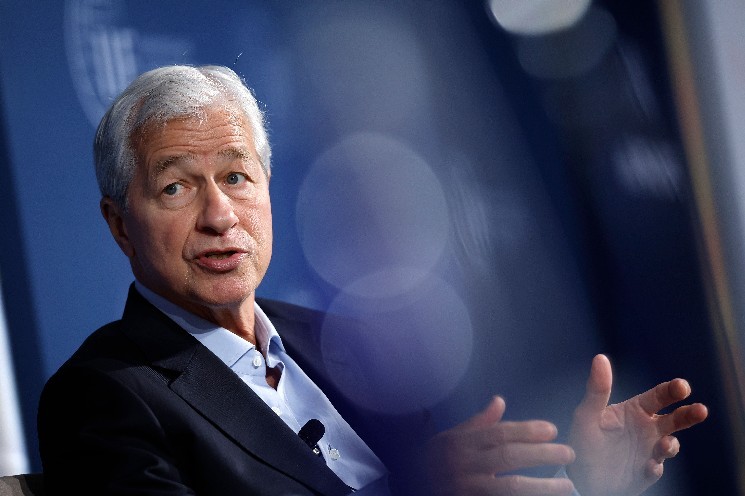







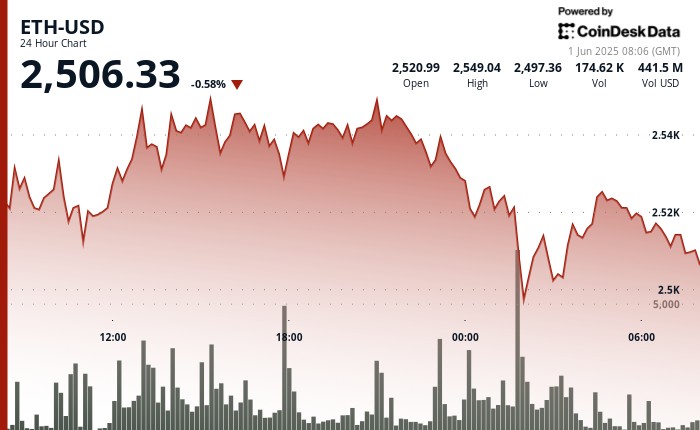
Leave a Reply